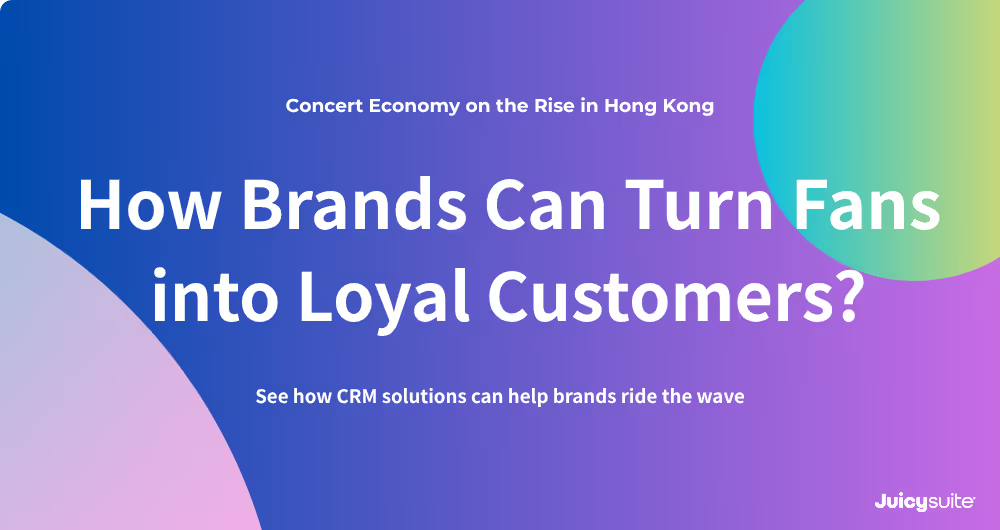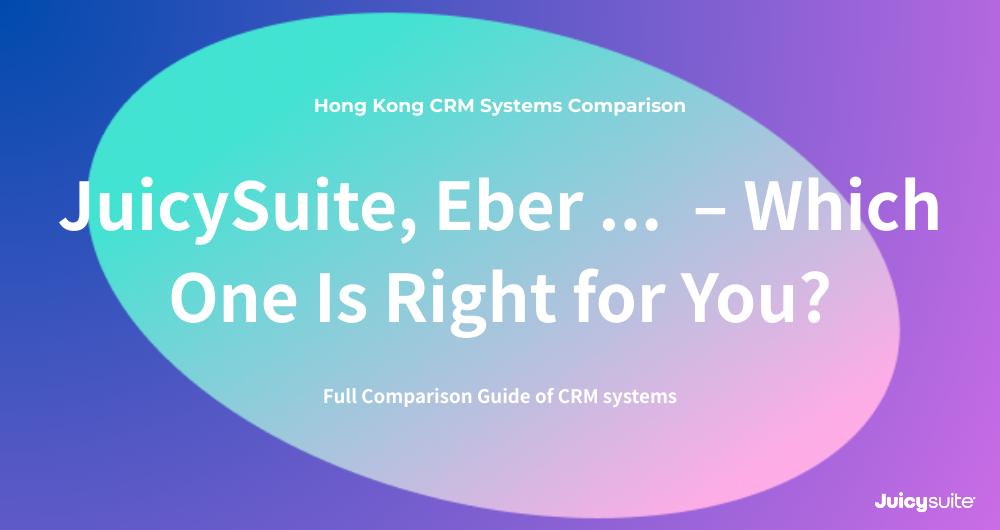Concert Economy on the Rise in Hong Kong: How Brands Can Turn Fans into Loyal Customers

Hong Kong’s live entertainment scene is back in full force. From local idols like MIRROR to international giants like Coldplay, concerts are once again lighting up the city—and its economy. This resurgence isn’t limited to ticket sales. It’s driving what experts call the “concert economy,” where restaurants, retail, hospitality, and even tourism sectors benefit from the fanfare surrounding music events.

Why Are Concerts Fueling a Consumer Boom?
- Emotional Spending Power: Fans aren’t just buying tickets—they’re spending on light sticks, themed drinks, collectibles, and even cross-border travel just to catch their favorite artists.
- Viral Reach via Social Media: Concerts fuel engagement across platforms like Instagram, Xiaohongshu, and Threads. A single event can spark days of UGC, visibility, and free promotion for related businesses.
- Tourism and Local Spending: Visitors from other regions travel to Hong Kong for concerts, boosting hotel bookings, restaurants, and surrounding experiences.
Hong Kong’s Concert Economy in Numbers
Between 2023 and 2025, Hong Kong has averaged over 30 medium to large-scale performances monthly. Tourism Board data revealed that Coldplay’s 4-show series brought a visible uptick in hotel occupancy and footfall, while G-Dragon’s 2025 concert brought a surge in retail and tourism spend in Central and Causeway Bay, boosting sales for hotels, beauty salons, and fashion retailers.. These statistics highlight how concerts impact far more than just the entertainment sector.
How CRM Helps Brands Capture the Concert Economy
CRM (Customer Relationship Management) systems are powerful tools to help brands engage concertgoers and convert fan excitement into real revenue:
- Audience Segmentation for Fans: Tag customers based on past interactions, such as attending music events or purchasing limited-edition merchandise.
- Timed Promotional Pushes: Send concert-day offers like “Show your ticket for 10% off” or “Free gift with same-day concert proof.”
- Recurring Fan Campaigns: Build month-long fan initiatives with themed experiences—selfie booths, drink specials, exclusive collectibles—to increase repeat visits.
Real-World Use Cases
- F&B brands can co-launch themed menus or limited drinks tied to the concert period.
- Retailers may set up fan walls or offer special editions and loyalty gifts.
- Hotels and travel brands could design “Fan Packages” including shuttle service, meals, and themed stays.
- Beauty and grooming services can offer “Concert Look Days” with idol-inspired makeovers.
Q&A: Understanding Concert Economy Opportunities
Q1: Can brands without official concert partnerships still benefit?
Yes. Even without direct collaboration, brands can create fan-driven experiences—like in-store decor, social media tie-ins, or CRM-based fan targeting—to tap into organic hype.
Q2: How does CRM help increase revenue during concerts?
CRM enables brands to time offers strategically, track customer behavior, and automate campaigns that align with fan schedules, boosting spending before, during, and after concerts.
Q3: Do I need a fan database to start CRM campaigns?
No full list is required at the start. Brands can build fan data progressively via QR codes, in-store interactions, or social campaigns, then use CRM tools to refine targeting and follow-up efforts.
Final Thoughts: Fans Don’t Just Attend—They Influence
Concerts are more than just music—they’re cultural moments filled with emotion, storytelling, and consumer energy. With the right CRM approach, brands in Hong Kong can transform fan attention into long-term loyalty, turning concert season into a recurring growth engine.

.png)
.png)